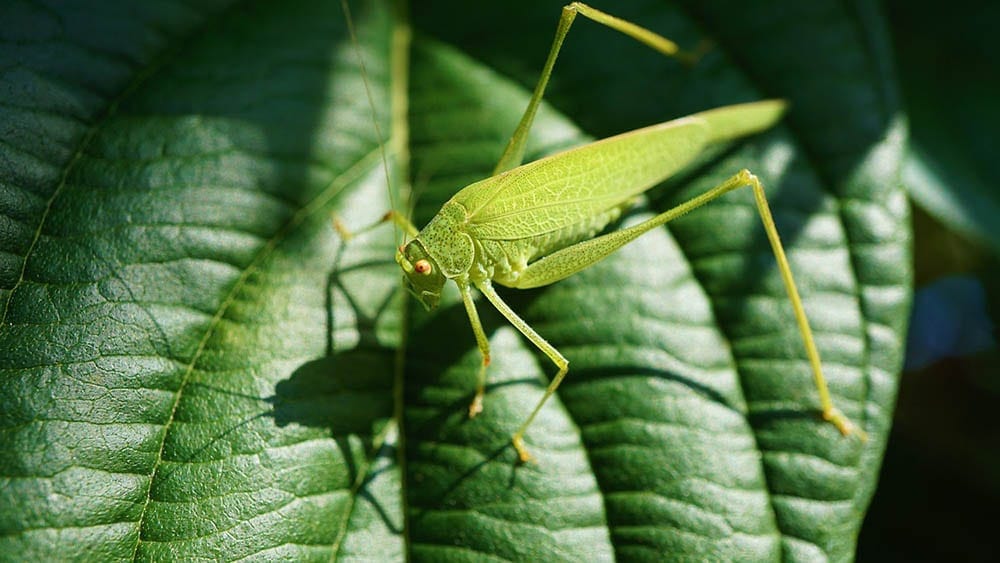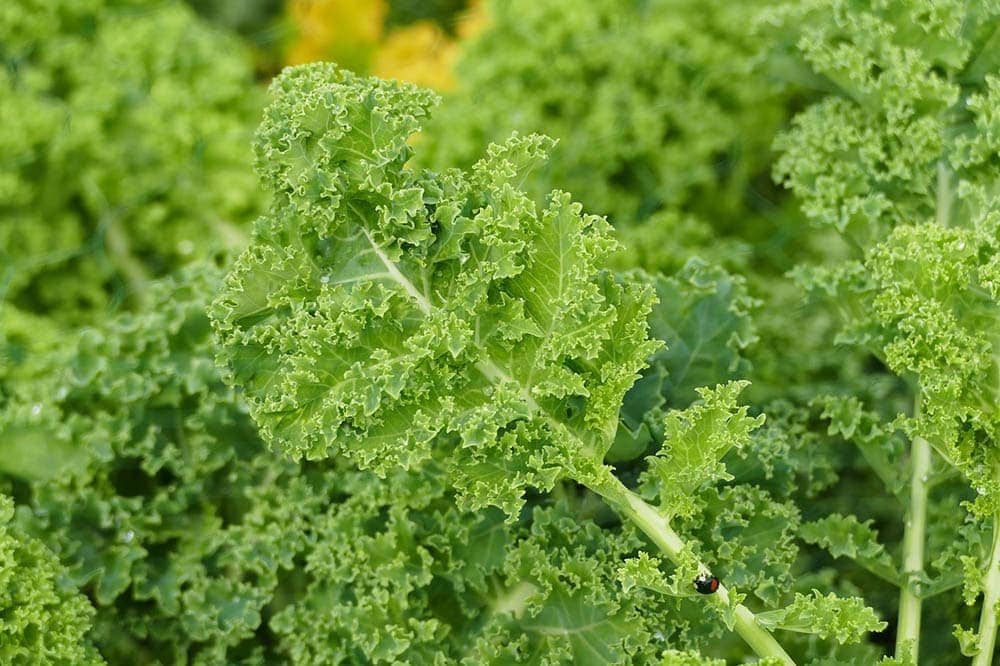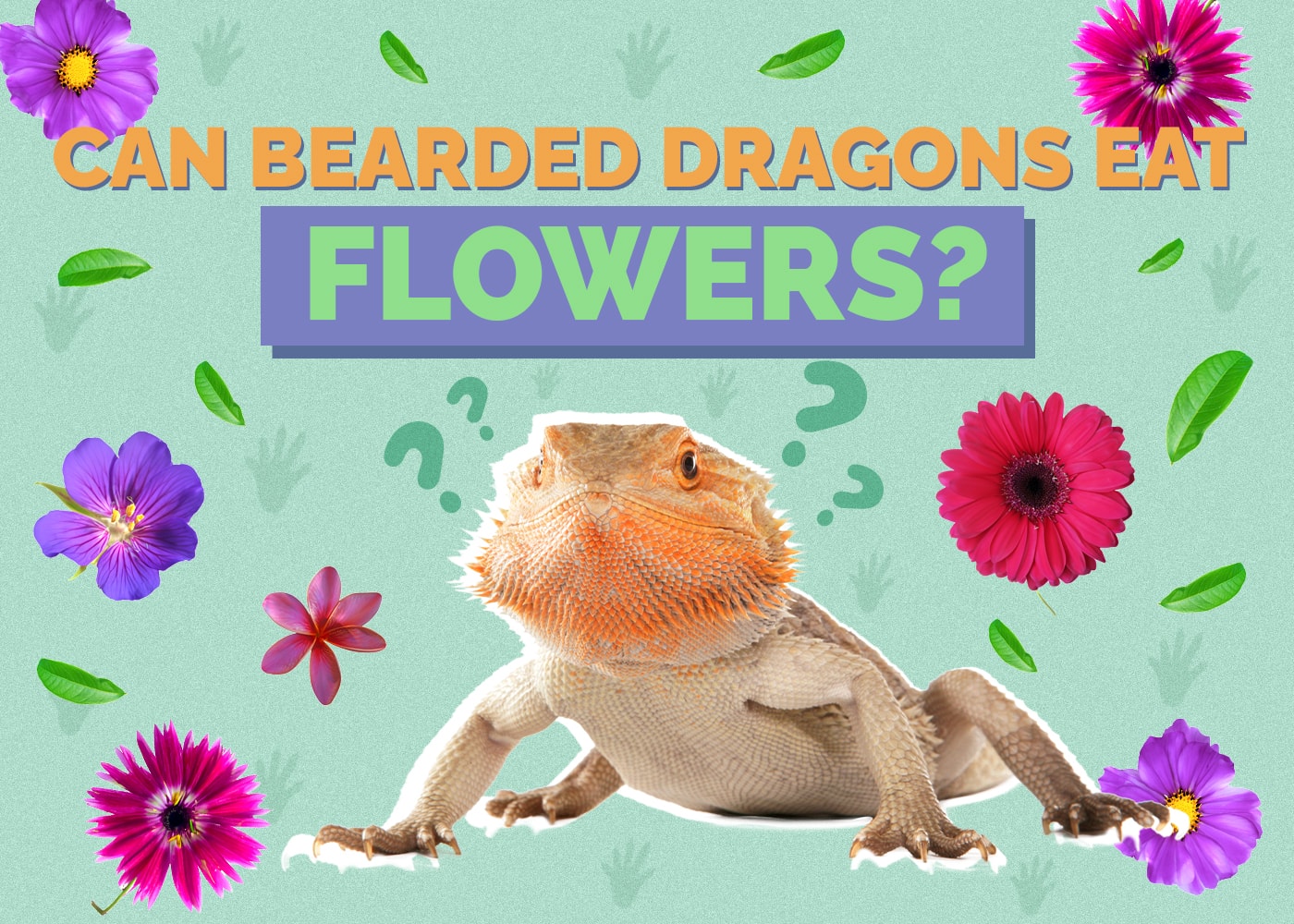Can Bearded Dragons Eat Moths? Vet-Reviewed Nutrition Facts & FAQ

Updated on
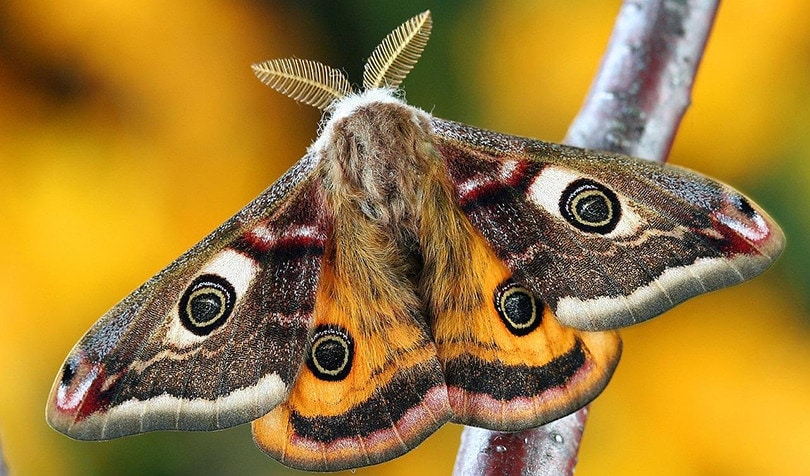
Bearded Dragons are amazing pets to own, and pet parents love them for so many reasons. Beardies consume various fruits and vegetables, and they will appreciate any live food that comes their way. Live food often consists of insects and worms, but can Bearded Dragons eat moths? Yes, Bearded Dragons can eat moths; however, they can’t just eat any moth. They can only eat certain types of moths occasionally and they generally aren’t the best food for your pet.
Click Below to Skip Ahead:
Can Bearded Dragons Eat Moths?
While moths are not the best food to feed your Bearded Dragon because they have little nutritional value, they can still eat certain types without getting sick. So, technically, your Bearded Dragon can eat some moths occasionally, but shouldn’t eat moths caught in the wild.
You must be aware of which moths are safe to feed if you choose to do so. Before feeding any moth to your Bearded Dragon, it’s crucial to do your homework because some of them can carry poisons or parasites.
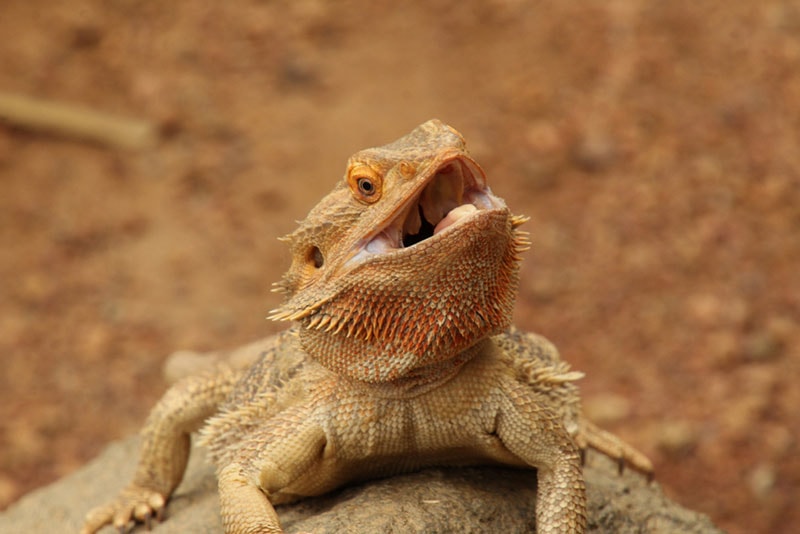
Can Moths Be Healthy for Bearded Dragons?
Feeding your pet Bearded Dragon moths has some advantages. Protein, carbs, and lipids comprise most of the moth’s nutrition, which can provide them the vital nutrients they need for growth and development. If consumed in moderation, moths can provide extra energy and some nutrients.
Moths are however not as nutrient-rich as their larvae; caterpillars and worms are common names for larvae. To accumulate fat reserves and prepare to make cocoons, they eat a lot, so they contain a lot of fat. The moth stage of its life cycle is very short, and during this time, some moths may consume nectar to keep themselves alive, but others may not consume any food!
Moths provide enrichment and exercise for your Beardie but not a lot of nutrition. When it comes to hunting, moths are a far superior kind of entertainment than worms. Moths can also add variety to your Beardie’s diet, which is also beneficial.
Types Of Moths to Feed Your Bearded Dragon
There are a few kinds of moths you can take into consideration if you decide to feed your Bearded dragon an occasional moth. It is always best to consult your veterinarian if you’re unsure a species of moth is safe to feed your lizard.
You probably have experienced a moment when the larvae turn into wax moths if you feed your Bearded Dragon wax worms. They are safe, but it is advised only to feed wax moths and waxworms on very rare occasions because they have too much fat and do not provide many nutritional benefits for Bearded Dragons.
Some Bearded Dragons also enjoy hornworms on occasion and can eat hornworm moths (sphinx or hawk moths). The moths are bigger and tougher than the hornworms and while fully grown adults can eat these, younger and smaller Bearded Dragons may choke on them and so they are best avoided. The general rule would be to not feed moths that are larger than the space between your Bearded Dragon’s eyes.
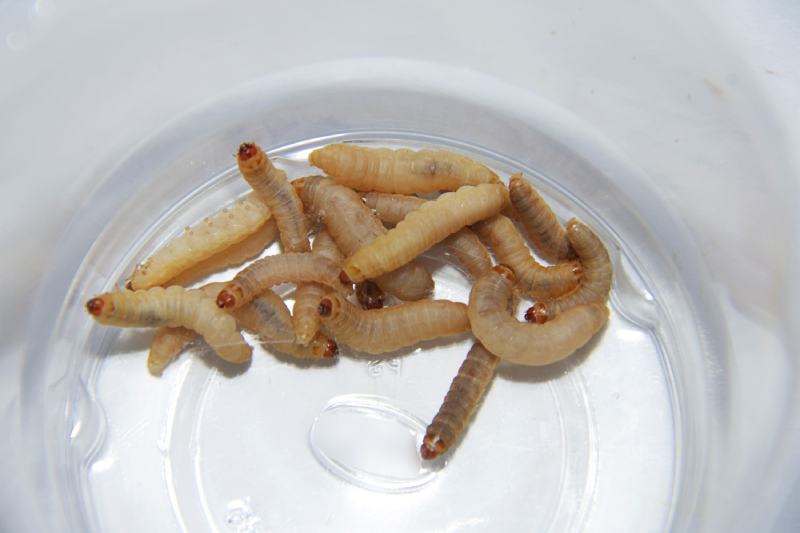
Why Is It Best Not to Feed Your Bearded Dragon Moths?
Bearded Dragons should not eat wild moths since they may carry diseases or parasites and may be toxic since it’s their defense against predators. However, many moths are not harmful. The few moth species that are hazardous may acquire the toxicity from poisonous plants that they consume as larvae.
Catching and feeding wild moths to your Beardie is a terrible idea. First, you never know what kind of moth you’re catching or whether it’s dangerous. Secondly, moths may not provide adequate nutrition, as we mentioned before. They may also be difficult to digest due to their tough wings and exoskeletons.
Given these risks, it is recommended to avoid feeding moths to your Bearded Dragon. Instead, choose nutrient-dense vegetables and protein-rich foods like mealworms and crickets.
The Best Diet for a Happy and Healthy Bearded Dragon
Bearded dragons are omnivores, and their diet includes plants and animals. In the case of Bearded Dragons, the animals in their diet are usually small insects like crickets and worms. They benefit from greens such as parsley and kale and vegetables such as sweet potato. Bearded Dragons can also enjoy a small amount of fruit.
At roughly 18 months old, Bearded Dragons will be sexually mature adults. By this age, they will only be eating once or twice a day. Allowing your dragon to eat for a set period will help them decide how much to eat. After 10 minutes, discard any insects that haven’t been consumed. Fruits and vegetables should only be kept in your dragon’s enclosure for 30 minutes to give them enough time to eat what they need without going overboard. Additionally, this prevents mold from growing on leftover food.
Here are some beneficial foods for your Bearded Dragon, but your vet is always the best and most trusted source of information.
- Kale
- Parsley
- Raw asparagus
- Butternut
- Celery
- Cucumber (peeled)
- Collard greens
- Turnip greens
- Zucchini
- Bell peppers
- Okra
- Cabbage
- Carrots
- Bok Choy
- Pumpkin
- Parsnips
- Strawberries
- Blueberries
- Apples
- Apricot
- Peaches
- Cherries
- Cranberries
- Grapes
- Figs
- Plums
- Melon
- Guave
- Mango
- Papaya
- Pears
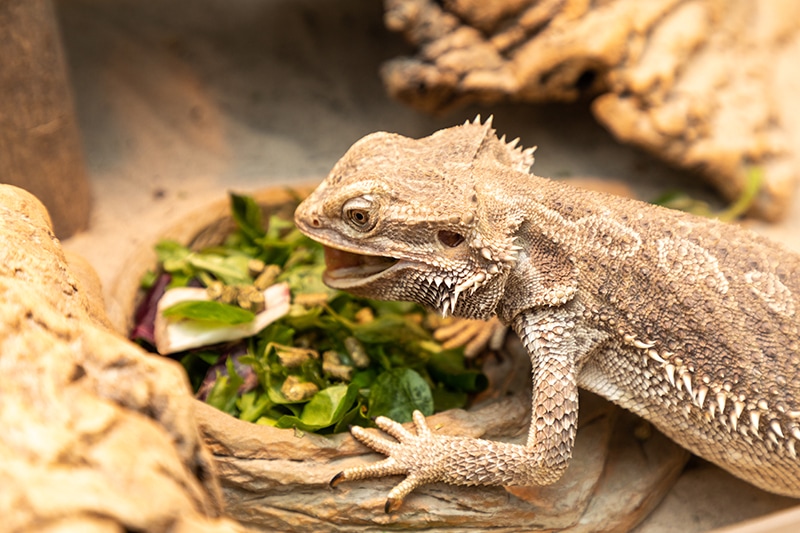
Conclusion
Bearded Dragons can eat moths, but it’s better to feed them more nutritious insects. Wild moths can carry parasites or bacteria, and although most moths are non-toxic, they don’t offer much nutritional value. However, they can be an enriching snack for your Bearded Dragon, so if you feed your Bearded Dragon waxworms and allow them to turn into moths, they are safe to eat and mentally stimulating.
It’s healthier for your Bearded Dragons to feed them crickets and worms and ensure they get a balanced diet by providing vegetables and fruit. All three food groups should be provided in the correct balance to keep your Bearded Dragon healthy, so always consult your vet to ensure you are feeding your Bearded Dragon the proper foods.
Related Read:
- Can Bearded Dragons Eat Bees? Vet Approved Facts & FAQ
- Can Bearded Dragons Eat Dead Crickets? Vet Approved Facts & FAQ
Featured Image Credit: Illuvis, Pixabay


